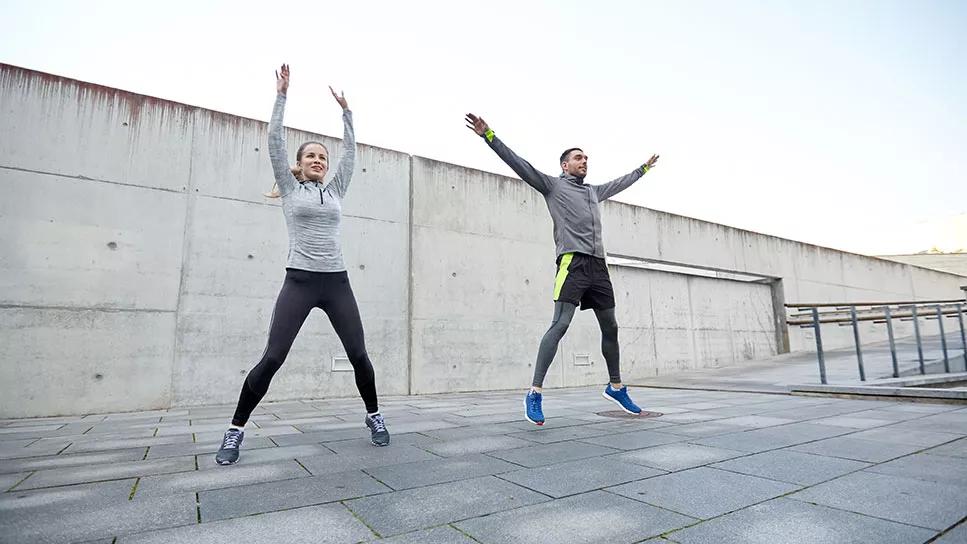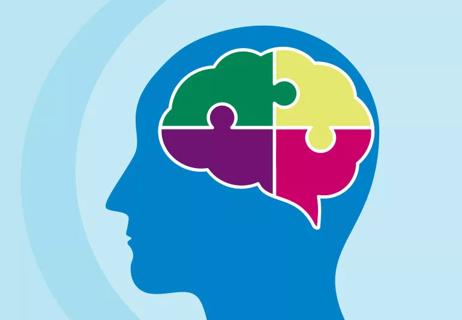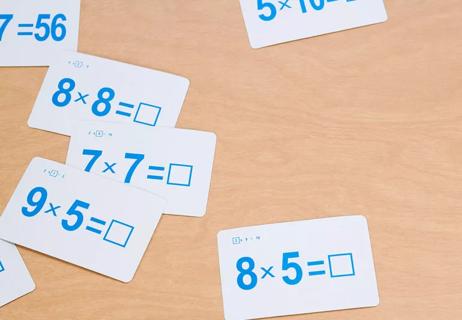Cardio is great for improving cognition, but strength and balance training are just as important

Forgetting information. Losing focus. Having difficulty doing tasks you used to find easy, like following a recipe or running errands. Struggling to remember the word for that thing…
Advertisement
Cleveland Clinic is a non-profit academic medical center. Advertising on our site helps support our mission. We do not endorse non-Cleveland Clinic products or services. Policy
These are all symptoms of mild cognitive impairment (MCI), which is exactly what it sounds like. A person with MCI is experiencing a slight decline in their mental abilities.
MCI can happen to anyone at any age. And it can be the result of a wide range of medical issues, including mood disorders like depression and anxiety, alcohol and substance use disorders, sleep disorders, nutritional deficiencies — even urinary tract infections!
That said, MCI is particularly common in people over 55. By age 65, approximately 15% to 20% of the U.S. population shows signs of MCI, according to the Alzheimer’s Association. These individuals are at greater risk of developing dementia, but some people don’t progress beyond a mild state of forgetfulness, according to memory and brain health specialist Babak Tousi, MD.
If you believe you’re experiencing MCI, a healthcare provider is going to encourage you to do a lot of things, like adjusting your eating habits, being social and exercising your brain by reading, completing puzzles and learning new skills. Pretty standard stuff.
But there’s one proposed treatment that may surprise you. They might encourage you to take more walks or sign up for an exercise class. That’s because researchers have found that keeping your body healthy through exercise can help keep your mind sharp, too.
Advertisement
But how? And what kinds of exercise are best? Dr. Tousi explains.
An article on exercise and memory suggests that the brain boost you get from exercise involves “several direct and indirect mechanisms at molecular and supramolecular levels.” While many questions remain about the relationship between exercise and cognitive strengthening, there’s evidence to suggest the following:
In 2018, the American Academy of Neurology (AAN) released new guidelines designed to help providers treat people with MCI. Those guidelines suggest patients exercise at least twice a week. It’s a low-risk way to improve not just your memory, but also your overall health, according to the AAN.
The AAN guidelines are a bit vague — “at least twice a week” leaves a lot of room for interpretation. But as a general rule, most providers recommend 150 minutes of moderate-intensity aerobic activity a week, along with two strength training sessions. Dr. Tousi concurs.
“You can do 30 minutes a day for five days or combine the activities into two sessions over the weekend,” he says, adding: “It’s important to start slowly and gradually increase the duration and intensity of your activity to avoid injuries.”
The conventional wisdom used to be that aerobic exercise — also known as “cardio” — was your best bet for brain health. But in 2022, the EXERT trial, which describes itself as “the longest ever Phase III study of exercise on brain function in adults with MCI,” changed the conversation.
The EXERT trial found that, while cardio may have more benefits in the short term, strength and balance training are just as beneficial for brain health in the long run. Combining all three forms of physical activity has always been important for whole-body health, especially as we get older and lose things like bone density, muscle tone and flexibility. Now, we know that your brain also benefits from a wide range of exercises.
Advertisement
“Choose whatever aerobic or resistance activity you enjoy,” Dr. Tousi recommends. “The most important thing is that you’re getting up and moving on a regular basis.”
Not sure of the difference between cardio, strength and balance training? Here’s a quick explainer:
Here are a few examples of each kind of exercise to get you started:
Cardiovascular exercise
Strength training
Balance and flexibility training
As you can probably guess, there’s plenty of overlap between these three categories. Dancing requires strength, endurance and flexibility, for example. And that’s a good thing! Who doesn’t love a bonus?
But don’t grab your ballet slippers just yet. Dr. Tousi is quick to remind us that — before you jump into a new fitness routine — you should always speak with your healthcare providers.
Advertisement
“Your physician can review your health history and help you decide what kind of exercise — and how much — is appropriate for you,” he says.
Once you have the all-clear, it’s time to get up and get moving. An active lifestyle won’t just help you preserve your memories — it’ll make some fun new ones, too!
Advertisement

Sign up for our Health Essentials emails for expert guidance on nutrition, fitness, sleep, skin care and more.
Learn more about our editorial process.
Advertisement

When the familiar suddenly feels unfamiliar, it could be nothing — or something worth noting

Decreasing estrogen levels can cause brain fog, but symptoms of dementia are different and more pronounced

Use a gentle, nonjudgmental tone, focus on prevention and reassure them that age-related memory issues can have a variety of causes

The brain areas that process smell are closely connected to those responsible for our memories and emotions

Our collective misremembering of events comes from a surplus of false memories

The difference between normal aging and issues that affect your independence

And 12 easy tips that can pay off big

Those nursery rhymes and song lyrics are worth while

Even small moments of time outdoors can help reduce stress, boost mood and restore a sense of calm

A correct prescription helps your eyes see clearly — but as natural changes occur, you may need stronger or different eyeglasses

Both are medical emergencies, but they are very distinct events with different causes